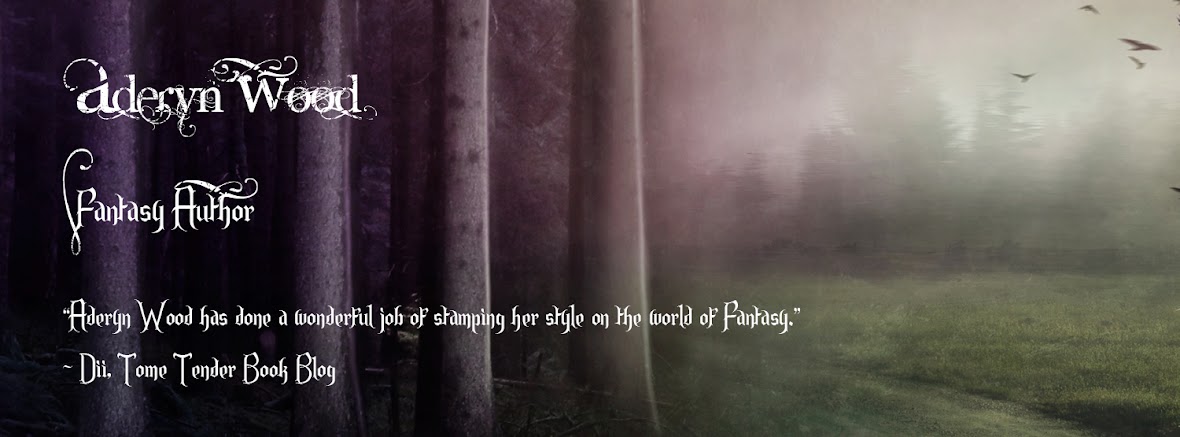October is an important month for Indie authors. There was Indie Author Day on 8th October, and Amazon is on the Indie bandwagon with the #PoweredByIndie campaign on its pages and across social media (be sure to check out the Fantasy books). It's timely, therefore, to return to a question I asked back in July... 'Why choose self-publishing?'
My first post on this subject explored some of the reasons I turned to self-publishing in the first place. At the end of that post, I posed some questions that continue to linger in the forefront of our collective Indie consciousness. It's those questions I'd like to focus on in this post.
What are the benefits of self-publishing?
There are many benefits to being an indie author, and they'll vary from person to person, so let me explore just a few of the advantages I've experienced.- Number one on this list has to be about the readers. The best thing about being an Indie is when people read your book and even enjoy it. It's amazing how a reader gushing about your story and characters can inspire you to keep writing and provide that oft-yearned for validation. If I had chosen the traditional publishing path, there's a high chance I'd never experience this number one joy of being a writer.
- Being in control of... everything! Being Indie means you can write any genre without fear of someone telling you 'this won't sell' or 'readers aren't interested in bla, bla.' If you're passionate about a story, or a genre, you can write it. This control is the pivotal difference between traditional and Indie publishing. Those writers who do not enjoy everything that goes with managing the business of publishing (organising critique partners, beta readers, editors, ARC reviewers, cover designers, marketing sites, etc, etc, etc) will not enjoy going Indie. But I love making all decisions. Decisions for cover designs, or decisions about which scenes need to stay, change or go, or decisions about where and when to market my books.
- Earning money doing what you love. Earning a substantial wage takes time and a lot of books. You're not going to get it after one book. Hell, you're not going to get it after the first five, but one thing we now know about Indie publishing is that with time and effort, a liveable wage is possible. By now, it will be no surprise to anyone that Indie authors get a larger cut of the profits than their traditional counterparts. A definite advantage.
What are the disadvantages?
Well, it's a steep learning curve. Like climbing Everest steep. That 'time and effort' thing I mentioned above? This is where that comes into play. If Indie authors want to be taken seriously their writing not only has to match the quality of traditionally published authors, it has to surpass it. Some critical readers will accept minor plot holes, or errors in a traditionally published book because, whether they know it or not, their brain tells them the traditionally publishing machine produces a higher quality book. But if said critic finds an error in an Indie book, then it is held up as evidence of poorer quality. So, Indies have to be better. This means we need to learn craft, fast. Aside from craft there's everything else to learn too – marketing being the main challenge. It's time consuming and disappointing when things don't work out the way you think they might (Facebook advertising anyone?). But it's all part of the journey and one of the things I love about it is all the learning you have to do along the way. Even when much of that learning can only be achieved by falling on your face and making mistakes, it's still worth it.Is reader validation enough?
The answer will vary from one author to another. For me, yes, reader validation is definitely enough. But more and more Indies are being invited to enrol their work into well-regarded awards and competitions. Both the Hugo Awards and the Bram Stoker awards accept and welcome Indie books. Mark Lawrence runs a competition for Fantasy Indie authors called the Self Published Fantasy Blogoff – Another way for Indie authors to gain recognition and new readers.What about the perceived stigma of self-publishing?
When family, friends or new people I meet learn I'm a writer, sometimes they ask me that dreaded question, "oh, you're published?" I really need to work on my answer for this because at the moment it's pathetic – slouching of shoulders, head down, "ah, I'm just self-published." And that's pretty much where the conversation ends. So, yeah, I'm not helping that stigma much. The husband gets cross at me and promptly comes to my rescue telling people I've published five books and all of them have been well received by readers.
In any case, Hugh Howey has already told us the stigma is dead – it officially died at the end of 2014, apparently. If he says so it must be true. Writing books is hard work. But publishing them and marketing them is bloody hard too. So, next time I'm asked, 'are you published?' I'm going to lift my chin and stand up straight like an elocution mistress or a powerful sorcerer and answer, 'Yes, I publish at Amazon.'



No comments:
Post a Comment